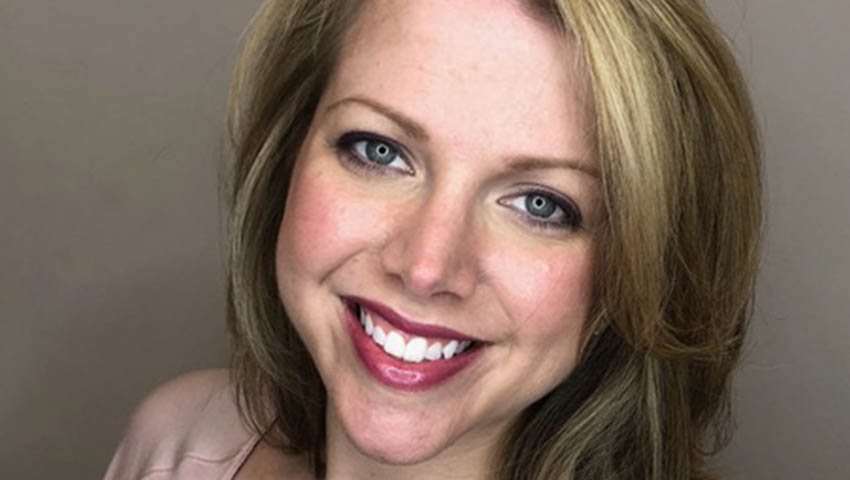Bereavement Counseling
If you are suffering from feelings of grief or a recent loss, you may be able to find the relief you need by seeking a bereavement counselor. As a licensed clinical social worker who specializes in grief therapy as well as trauma and other related emotional struggles, I treat clients with a non-judgmental, compassionate approach that is tailored to meet the needs of each person’s individual situation.
Based in Richmond, Virginia, I offer individual, couple, and group counseling as a grief and loss therapist for anyone struggling with loss, no matter how much time has passed. There is no use for comparison when it comes to how much an experience of loss can impact a person; all grief and pain experienced due to loss are valid, and you deserve to be able to process your experience and your emotions in a way that is faithful to yourself. You will be able to move forward one day at a time.
More information regarding my approach as a counselor, as well as how to know if you might benefit from grief and loss therapy is outlined below.
The Stages of Grief
The current model for grief and loss therapy, as first written about by Elisabeth Kübler-Ross in 1969, recognizes a framework that outlines five primary stages of grief:
- Denial
- Anger
- Bargaining
- Depression
- Acceptance
While every person may vary somewhat in how they experience and cope with loss, the five stages of grief as outlined above can provide a helpful model for both individuals who have suffered a significant loss, and grief counselors alike.
Similarly, each stage has its nuances, and the last step - acceptance - most of all encompasses this complexity. While acceptance may seem like an idealistic notion when considered from a place of pain, it is important to recognize that acceptance does not necessarily mean that everything is “OK” or that you have reached a final destination of full healing. Rather, by reaching a stage of acceptance, the hope is that you will be able to accept your new reality in consideration of the loss you have experienced and live your life as an active participant with some peace.
Being at a different stage, however, is not a fault, nor is it anything to be ashamed of. On the contrary, I am available as a therapist in order to help you find the relief you may be seeking.
You may have experienced a loss that you have not grieved, or maybe you’re unsure of how to cope with death on your own. My reassurance as a clinical counselor is that you do not have to. You are not alone in whatever pain or darkness you may find yourself in following an experience of loss.
Types of Grief
Grief and other intense emotional conditions, such as depression, more often than not go hand in hand. It is important that depression, as well as unhealthy methods of coping, are not viewed as weaknesses - but rather a struggle you can process with a professional at your side.
Loss can have an undeniable impact on a person, and a person may turn to addictive substances such as drugs or alcohol, as well as other self-injurious means of coping as a makeshift method of dealing with pain. Together with a therapist, addiction or unhealthy coping as it relates to grief can be explored and addressed thoroughly.
You might not think any person near me or you may be seeking therapy for grief, but the reality is that many may be suffering from loss, if even in silence. Many may then turn to counseling.
People who have experienced loss or significant hardship may seek grief counseling for reasons that include:
- Childhood abuse or violence
- Death of a loved one
- Difficult transitions in one’s life
- Major illness or life change
- Divorce or separation from a significant other
- Inability to function in everyday life due to loss/death
While the five-stage framework outlined in the above section was originally introduced to address those who have experienced death or loss of a person in their lives, grief can stem from any number of life experiences. The instances above simply refer to those most commonly shared. Grief has no one certain timeline when it comes to processing your loss or healing from it - but if you gain nothing else from reading this, understand that there is hope.
By following an integrative approach within my practice, I primarily utilize evidence-based practices such as Cognitive Behavioral Therapy (CBT), Motivational Interviewing (MI), and Trauma Informed Care. However, I also prioritize the autonomy and individual experience of my clients, and will collaborate with you to create a plan for care that will best suit your needs.
Schedule an Appointment Today
If you have experienced a significant loss and need help learning to cope and move forward through the grieving process, you may request to schedule an appointment online or make an appointment by calling us today.





